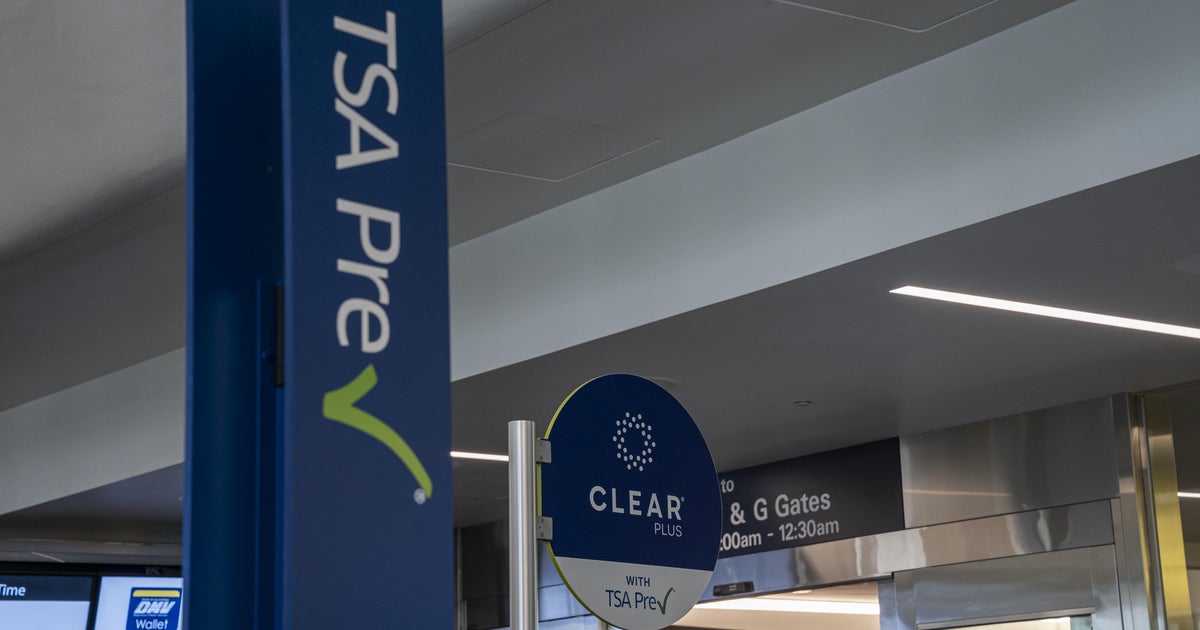What’s happening to my Obamacare?
With the rise, fall and this week’s attempts to resurrect the Republican House bill that would repeal and replace the Affordable Care Act, plenty of consumers -- perhaps nauseous from the roller-coaster ride -- are wondering what exactly is going to happen to their Obamacare policies and premiums.
Good question. Health care experts, actuaries and others have been taking a close look at the implications of all the news. Bottom line: In 2018, the exchange program will very likely still be in place no matter what happens with current House actions.
That said, tweaks or even some dramatic changes could also take place, including the fact that more insurers could back out of the exchanges, a phenomenon that has fueled President Trump’s oft-repeated prediction that “Obamacare will explode.”
No one knows exactly what last-leg exchanges will look like. Here, experts try to answer -- or at least give their best guess on -- some of the more common consumer questions.
How much will premiums increase? Republicans have repeatedly said they want a plan that will help make premiums affordable for all health care consumers. This comes after the double-digit percent increases in the average ACA health care plan premium for 2017. Depending on the state, insurers are required to file their rate plans sometime between April and July, so definitive premium increase data won’t be available until late summer.
A glean of information is available now, according to Dave Dillon, a fellow of the Society of Actuaries. Last month, health insurers had to file their annual statements showing whether they had earned or lost money on both the exchanges and other health care markets in 2016. Those results have a big impact on the formulas insurers use to determine any changes in premiums they charge.
“Surprisingly, I found that most insurers had lost less money than in 2015, and some had reported profits,” said Dillon. That may mean less dramatic premium increases than last year, perhaps as low as 10 percent, he said. What’s more, he’s hoping the better-than-expected results will encourage smaller insurers to join the exchanges.
But Dillon is quick to point out his estimate doesn’t take into account an important factor in play right now. Read on.
What’s happening with cost-sharing subsidies? These subsidies are different from the tax subsidies designed to help ACA consumers pay premiums. Instead, cost-sharing subsidies help low- and middle-income consumers pay deductibles, co-pays, co-insurance and other out-of-pocket costs. About 58 percent of people who signed up for ACA coverage in 2017, or 7.1 million people, receive cost-sharing subsidies, according to the Kaiser Family Foundation.
Republicans have long been against these subsidies and are challenging them in court, saying Congress never legally appropriated the money for them. According to the Congressional Budget Office, they’ll cost the federal government $10 billion in 2018. House Speaker Paul Ryan said before this week’s negotiations aimed at reviving the House bill that the government will continue pursuing the lawsuit. But he said he expects the subsidies will remain until the case is decided.
Insurers are watching closely to determine their premium increases. Kaiser Family Foundation predicts that premiums for the average silver benchmark plan in the exchanges would need to increase 19 percent to make up for the loss of cost-sharing funding. Bottom line: If these subsidies go, consumers will pay premiums that will likely rise much higher than Dillon’s 10 percent estimate.
How many insurers will stay in the game? The exchanges have been plagued with news of insurers pulling out of the ACA because they can’t make a profit in the business. As a result, only one insurer is offering coverage in 32 percent of the counties in the U.S., according to Kaiser Family Foundation. In Alabama, Alaska, Oklahoma, South Carolina and Wyoming, only one exchange insurer remains in the entire state.
Last month, a Wall Street analyst report indicated that Anthem (ANTM), which operates in 14 states under the Blue Cross Blue Shield brand, is considering pulling out of a substantial amount of its exchange business. The Blues had been a major player on the exchanges and are often the only choice left in many areas.
On Thursday, Aetna (AET) said it would leave Iowa’s exchange. Earlier in the week, Wellmark said it would pull out of Iowa as well. Last year, Aetna drastically reduced its presence on the exchanges. Fewer insurers, and thus fewer choices for consumers, is one of the major criticisms of the exchanges from Republicans.
What will coverage look like? This week’s talks among warring Republicans may lead to some compromises that would seriously erode the coverage required under the ACA. At the same time, the administration has made it clear that Health and Human Services Secretary Tom Price will do all in his power to change the regulations associated with Obamacare.
In February, the administration proposed a rule that would allow exchange plans to charge more out-of-pocket costs than currently required. In addition, conservative Republicans have made it clear they would like to end ACA rules that govern what benefits must be covered and that insurers must charge people with preexisting conditions the same premiums as healthy people.
Along those lines, Republicans announced on Thursday a new provision to their bill that would establish a Federal Invisible Risk Sharing Program to reimburse insurers for patients with certain health conditions who incur high-cost claims and other items. In general, states would decide how to use these funds.
But experts worry that the provision will do little to stabilize the insurance market and may leave some consumers in the cold because it would only cover people with certain conditions, such as cancer, and may not help people who suffer from, say, a major accident, according to the Center on Budget and Policy Priorities.
Representatives left for the Easter break on Thursday without a vote on the new proposal and other health law tweaks. That means consumers looking to stick with the exchanges next year will have to stay alert and take a wait-and-see approach.



